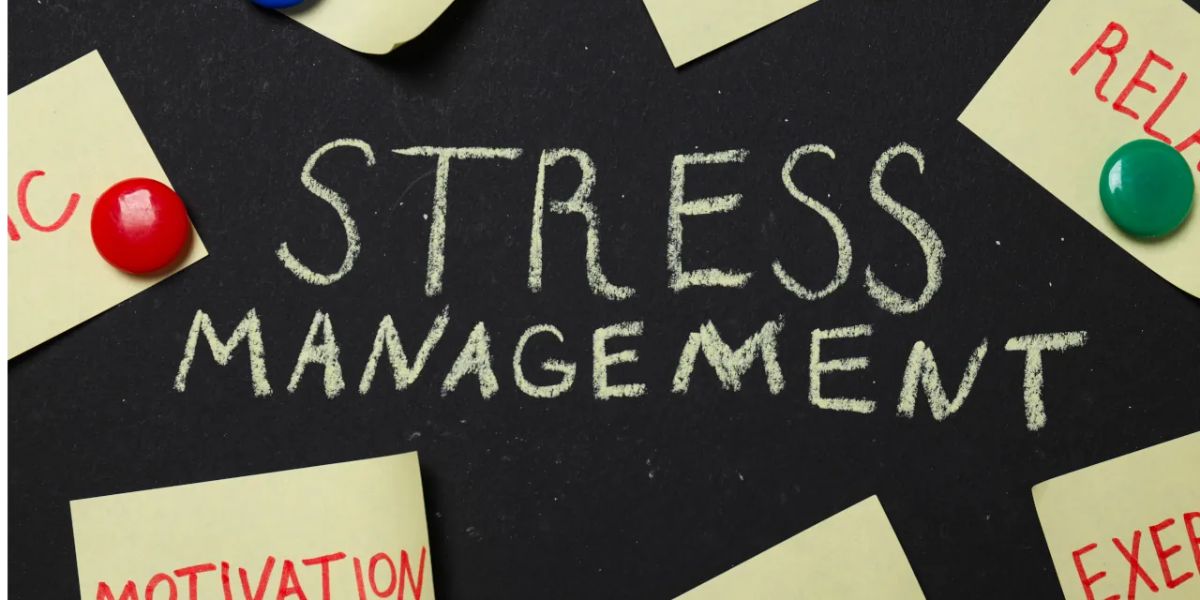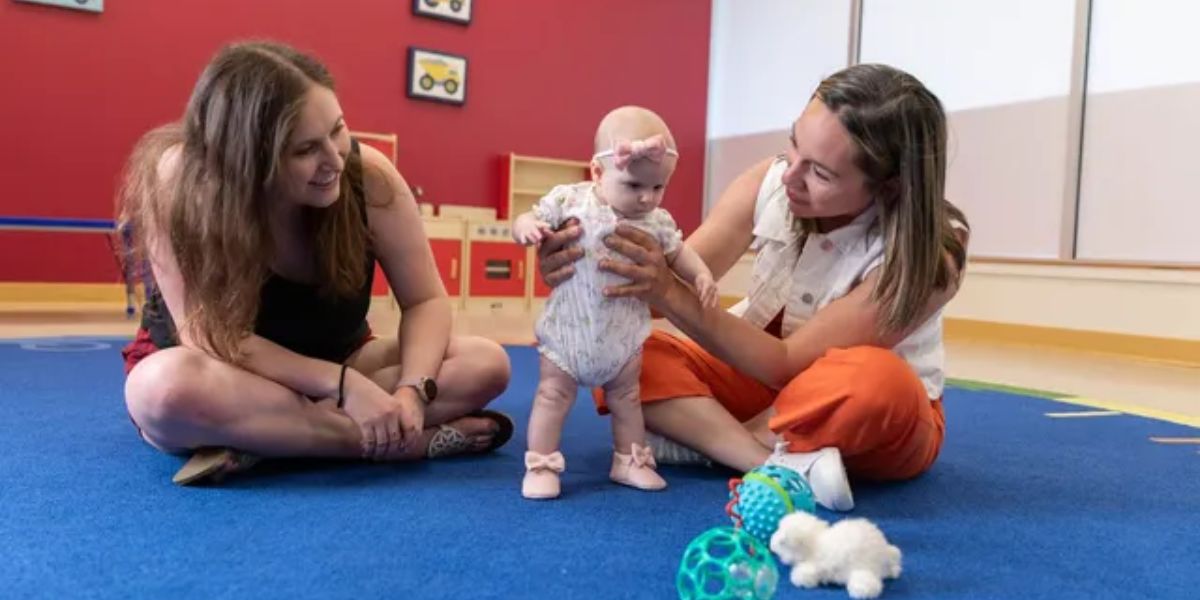Madison County, like many other communities, is home to a significant number of veterans who have bravely served in various military branches. These individuals often face unique behavioral health challenges as they transition from military service back into civilian life. Understanding these challenges is crucial for providing the support and care that veterans need. This article will explore the behavioral health struggles faced by veterans in Madison County, the resources available to them, and how the community can support these heroes.
Understanding the Behavioral Health Challenges Faced by Veterans
Veterans are at a higher risk for several behavioral health conditions, including post-traumatic stress disorder (PTSD), depression, anxiety, and substance use disorders. The experiences of combat, long-term separation from family, and the high-stress environment of military life can leave lasting emotional scars. Many veterans carry these scars long after their service ends.
Table of Contents
One of the most significant behavioral health challenges veterans face is PTSD. The trauma of combat situations, witnessing death or injury, or being exposed to life-threatening circumstances can trigger intense psychological reactions. Veterans with PTSD may experience flashbacks, nightmares, heightened anxiety, and difficulty adjusting to civilian life. This can make it challenging to maintain stable relationships, keep a job, or engage in regular activities.
Along with PTSD, depression and anxiety are also prevalent in the veteran population. The feeling of isolation, compounded by the challenges of reintegrating into civilian life, can lead to a sense of hopelessness. Some veterans may struggle with substance use as a way of coping with their mental health challenges, which only exacerbates the problem.
The Impact of Transitioning to Civilian Life
The transition from military to civilian life can be a difficult and stressful experience for veterans. For many, their military service provided a sense of purpose, camaraderie, and structure. Returning to civilian life often means adjusting to a less structured environment, which can trigger feelings of loss and confusion.
Veterans often face difficulty finding employment, especially in jobs that align with their skills gained in the military. The lack of employment or meaningful engagement can contribute to feelings of low self-worth and exacerbate behavioral health issues like depression and anxiety.
Moreover, many veterans experience a disconnect from their families and communities after returning from service. The relationships they once had may feel strained or distant, as their loved ones may struggle to understand the challenges they’re facing. This isolation can further deepen the mental health issues veterans are already dealing with.
Support and Resources for Veterans in Madison County
Fortunately, there are resources available for veterans in Madison County to help them cope with the behavioral health challenges they face. Local programs and organizations play a vital role in offering services like mental health counseling, substance abuse treatment, and support groups specifically designed for veterans.
The Madison County Veterans Affairs office is an essential starting point for veterans seeking help. They provide veterans with information on available healthcare benefits, including mental health services, and can guide them through the process of accessing care.
Additionally, local community health centers, like MCCHC, are vital in offering integrated care for veterans dealing with behavioral health issues. These centers often provide counseling services tailored to veterans and their families, helping them manage conditions such as PTSD, anxiety, and depression.
Veterans in Madison County also benefit from a range of peer support groups, where they can connect with others who understand their experiences. These support groups help reduce the sense of isolation that many veterans face and create a space for them to share their struggles, successes, and coping strategies.
The Role of the Community in Supporting Veterans
The community plays an integral role in supporting veterans as they navigate behavioral health challenges. It’s crucial to create a supportive, understanding environment for veterans, not only through specialized programs but also by encouraging regular social interactions and engagement. Local businesses, schools, and community organizations can work together to raise awareness about veterans’ needs and help reduce the stigma surrounding mental health issues.
Additionally, mental health professionals in Madison County can receive training to better understand the unique challenges veterans face. This can include learning more about military culture and the potential psychological impacts of combat and service. By having trained professionals, veterans can feel more comfortable seeking care, knowing that their specific needs will be understood.
Overcoming the Stigma: Encouraging Veterans to Seek Help
One of the biggest barriers to veterans seeking the care they need is the stigma surrounding mental health. Veterans may feel that asking for help is a sign of weakness or that their struggles are something they should be able to manage on their own. Combatting this stigma is crucial for encouraging veterans to reach out for support.
Veterans should be reminded that seeking help is a sign of strength, not weakness. By addressing their behavioral health issues, veterans can improve their quality of life, strengthen their relationships, and find renewed purpose in their communities. It’s important for local leaders, healthcare providers, and family members to consistently encourage open conversations about mental health and offer reassurance that support is available.
Conclusion
The behavioral health challenges faced by veterans in Madison County are significant, but they are not insurmountable. With the right resources, support, and community engagement, veterans can navigate these challenges and lead fulfilling lives. As a community, it’s important to continue raising awareness, reducing stigma, and offering veterans the support they need to heal and thrive.
Call to Action:
If you or someone you know is a veteran facing behavioral health challenges, don’t hesitate to reach out for help. Local resources and support are available. Visit mcchc.org for more information on how we can support our veterans and their families in Madison County. Share your thoughts or experiences in the comments below, and let’s continue to work together to support our veterans.













